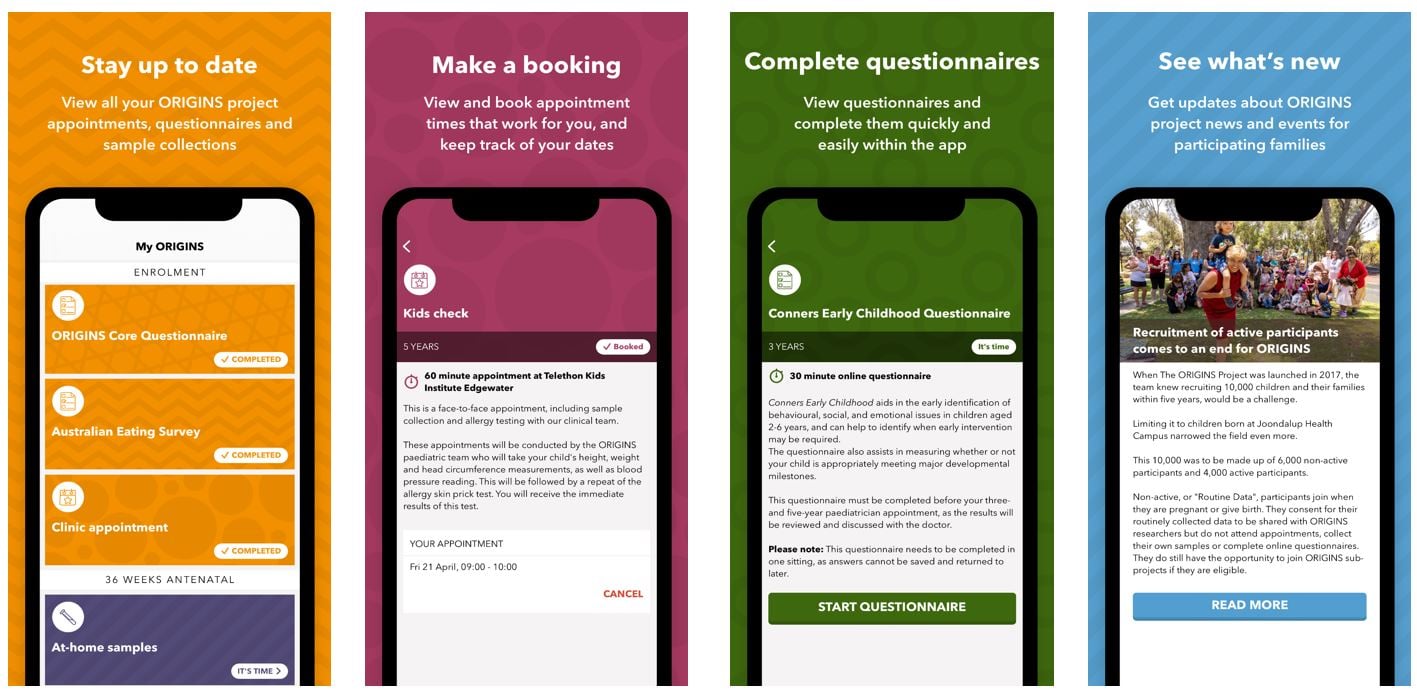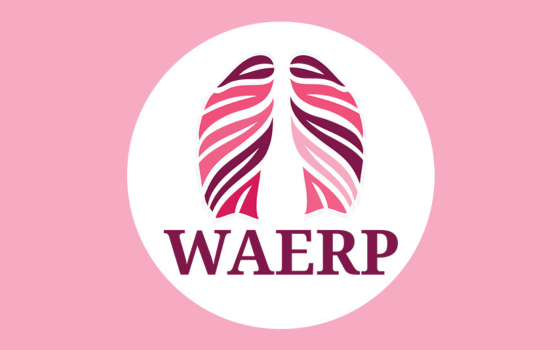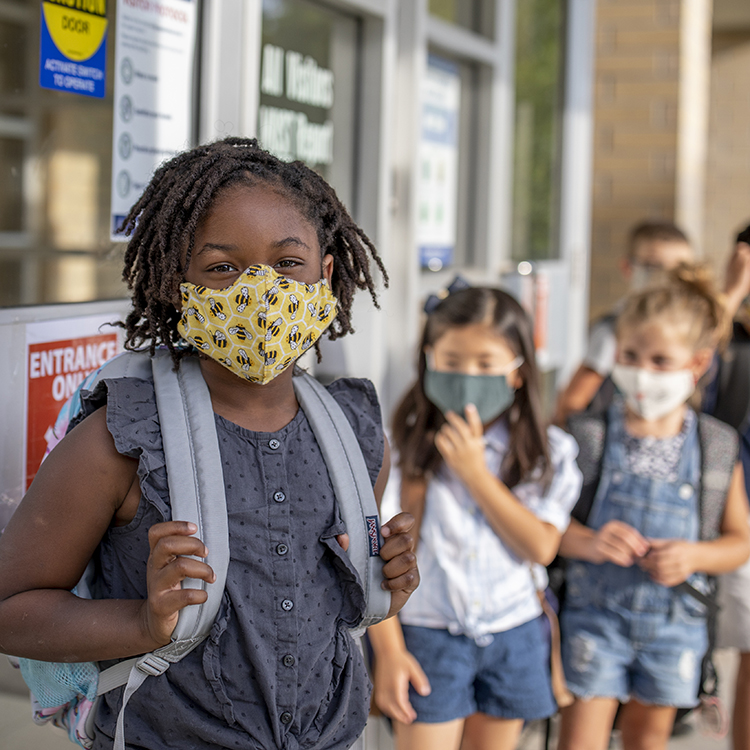Search
Showing results for "A"

Helping ORIGINS families to stay on track in their ORIGINS journey

News & Events
Changing Hypo level?Diabetes researchers from PCH would like to find out whether treating hypo’s at a lower level than 3.9 mmol/l is safe and makes managing your diabetes easier.

News & Events
Being active is key to heart healthDid you know that regular exercise can literally add years to the lives of children living with Type 1 Diabetes?
FAQ about CliniKids, The Kids' clinical service for children with autism and/or developmental delays, and their families.

The Australian Epithelial Research Program (WAERP) comprises of several parties, including our Chief Investigators, Compliance, Scientific and Clinical Teams, and our Student group.
Parents may be concerned that social media is teaching their children that they’re not good enough because of the impossible standards which are set.
Research
Developing and characterising juvenile models of aggressive paediatric brain cancers for the evaluation of novel immunotherapies.While profound treatment responses have been realised using immunotherapy for some cancer types, this is yet to be seen for paediatric brain cancer patients.

While COVID-19 is new and frightening, these resources are designed to help families tackle the challenges this virus has created for us.
Research
Subnational tailoring of malaria interventions to prioritize the malaria response in GuineaIn the context of high malaria burden yet limited resources, Guinea's national malaria programme adopted an innovative subnational tailoring approach, including engagement of stakeholders, data review, and data analytics, to update their malaria operational plan for 2024-2026 and identify the most appropriate interventions for each district considering the resources available.
Research
Bereaved parent involvement in co-designed stillbirth research: Experiences of Project EngageWhile benefits of involving consumers in research are well established, bereaved parents face unique challenges, and descriptions of their experiences with co-designed stillbirth research are lacking. The collective experience of ‘Project Engage’ involved co-designing resources to support bereaved parents’ involvement in research.
